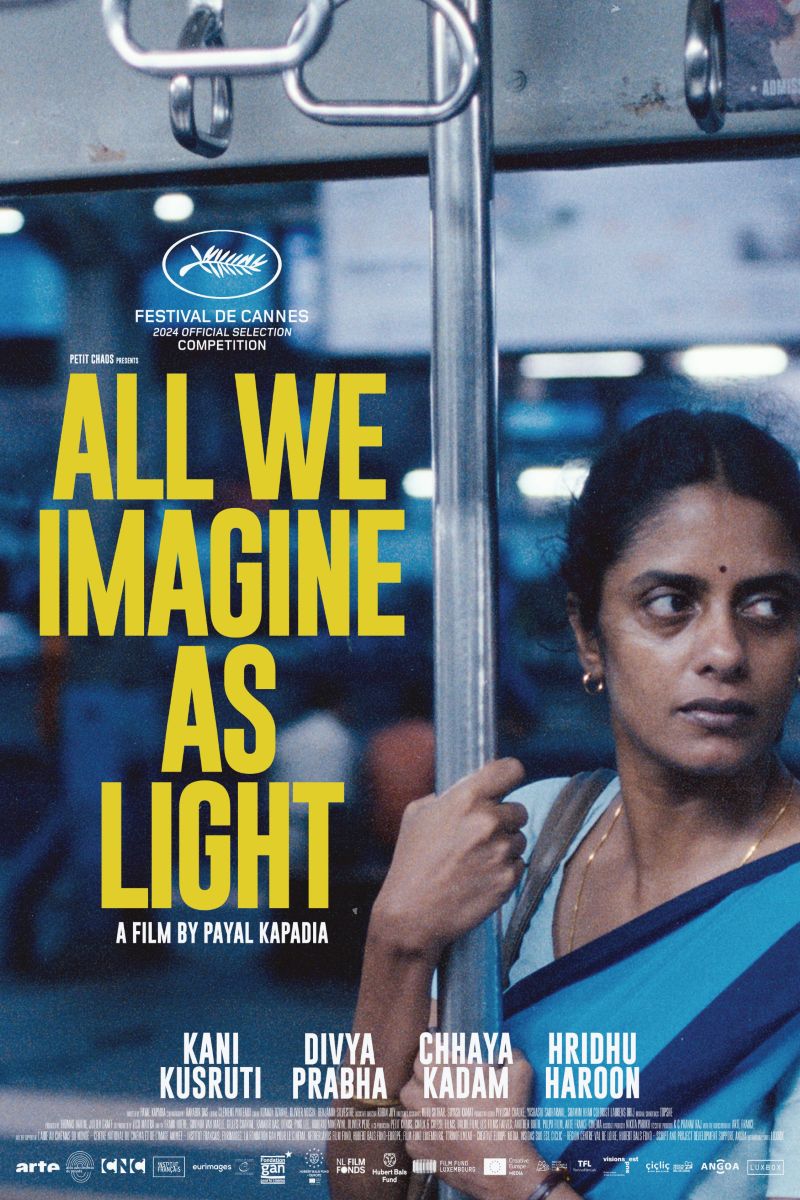
The Farewell
The Farewell
Lulu Wang's semi-autobiographical work tells the story of Chinese-American writer Billi returning to China to say goodbye to her cancer-stricken grandmother. This warm and profound family drama explores death, family, cultural identity, and the complex roles of women in families through a cross-cultural perspective, showcasing deep emotional bonds between women across generations.
主演
🎥 影评与解读
The Farewell is director Lulu Wang’s semi-autobiographical work based on her own experiences, a deeply feminist family drama that profoundly explores death, filial piety, cultural identity, and women’s complex positions within traditional and modern family structures through delicate emotional portrayal and cross-cultural perspective. The film centers on Chinese-American writer Billi’s (Awkwafina) return to China to say goodbye to her cancer-stricken grandmother (whose condition is concealed from her), presenting a multi-generational female-centered family story that challenges stereotypes about Asian families, women’s roles, and cultural traditions.
From a cross-cultural feminism perspective, the film demonstrates the cultural identity negotiation dilemma faced by second-generation immigrant women through Billi’s character. As a Chinese-American woman raised in America, Billi belongs neither completely to Chinese culture nor fully integrates into mainstream American society. Her female identity further complicates this survival state in cultural gaps—in China, she’s viewed as too Westernized and independent; in America, she faces dual marginalization as an Asian woman. This cross-cultural identity predicament reflects the shared experience of immigrant women in the globalization era.
The portrayal of mother-daughter relationships and intergenerational female relationships forms the core of the film’s feminist narrative. Nai Nai, as the family’s spiritual pillar, embodies traditional Chinese women’s resilience and wisdom, but her authority isn’t built on patriarchal oppression but stems from selfless dedication to family and accumulated life wisdom. The relationship between Billi and her mother reflects complex emotional entanglements between mothers and daughters in immigrant families—the mother serves both as inheritor of cultural tradition and obstacle to her daughter’s independent development. This multi-layered female relationship shows how women in families are both carriers of power and victims of traditional constraints.
From a cultural identity perspective, the film deeply explores conflicts between traditional culture and modern values. The family disagreement about whether to tell Nai Nai about her illness actually reflects different cultural approaches to individual autonomy and family collectivism. Billi represents Western individualistic values, insisting on individual right to know and autonomous decision-making; while Chinese family members uphold collectivist traditions, believing families have responsibility to bear pain to protect elders. This cultural conflict appears more complex from a female perspective, as women are often primary bearers of family emotional labor.
The film’s exploration of family liberation themes carries unique feminist significance. Traditional concepts often expect women to sacrifice personal development for family, but the film shows different generational women’s varied responses to such expectations. Nai Nai maintains family harmony through her own methods while also hinting that Billi should maintain independence; though Billi temporarily compromises to participate in this “benevolent lie,” she ultimately chooses to return to New York to continue her career, embodying insistence on personal choice rights.
From an intersectional feminist perspective, Billi’s identity is multiple—she is female, Chinese-American, second-generation immigrant, artist, and granddaughter. These identities create different social expectations and limitations in different contexts. In China, her American identity grants certain privileges, but her female identity still faces traditional gender expectations; in America, her Asian identity subjects her to stereotypes and professional glass ceilings, with her female identity exacerbating this marginalization. The film demonstrates this identity intersection complexity through delicate plot development.
Lulu Wang’s creative perspective as a female director infuses the film with unique feminist aesthetics. She serves not only as director and screenwriter but also participates in music creation, ensuring the work reflects female voices and perspectives at every level. The film’s camera language is gentle yet firm, neither sentimental nor avoiding emotions, embodying female creators’ delicate grasp of complex feelings. This creative approach challenges male-dominated narrative traditions in Hollywood film industry.
The film’s portrayal of female friendship and mutual support deserves attention. The deep affection between Nai Nai and her younger sister Xiao Nai Nai demonstrates emotional support between women that transcends blood relationships. They share caregiving responsibilities and rely on each other when facing difficulties, embodying the power of female community. This portrayal challenges stereotypes that depict women as competitive with each other, showing positive possibilities for female solidarity.
From race and gender perspectives, the film demonstrates unique challenges Asian women face in Eastern and Western cultures. Awkwafina’s excellent performance breaks Hollywood stereotypes of Asian women—she’s neither the dragon lady exotic character nor the submissive traditional woman image, but a complex, authentic, flesh-and-blood modern woman. This representation makes important contributions to diversified presentation of Asian women on screen.
The film’s exploration of immigrant identity carries profound gender dimensions. Billi’s mother, as a first-generation immigrant woman, bears dual responsibilities of cultural inheritance and family adaptation. She must both maintain Chinese traditional culture and help family adapt to American life, with this cultural bridge role often shouldered by immigrant women. The film shows this role’s complexity and psychological burden, providing deep insight into immigrant women’s experiences.
From emotional labor perspectives, the film shows disproportionate emotional responsibilities women bear in families. Whether the decision to conceal illness or arranging family gatherings, female family members bear primary responsibility for maintaining family harmony. Though Billi opposes this practice, she ultimately participates in this emotional labor. The film reveals complexity of women’s roles in traditional family structures through this portrayal.
The film’s treatment of death and farewell embodies a unique female perspective. Death here isn’t a source of fear and sadness but confirmation of life connections and love. Female characters express care for Nai Nai through their respective methods—some choose to conceal truth, some choose to accompany, some choose to maintain life’s normal rhythm. This diversified coping demonstrates richness of female emotional expression.
From feminist film criticism perspectives, The Farewell represents important achievements in contemporary women’s filmmaking. Lulu Wang successfully transforms personal experience into universally meaningful artistic work, securing space for Asian women’s and immigrant women’s stories in mainstream cinema. The film winning the Golden Globe Best Foreign Language Film, with Awkwafina becoming the first Asian woman to win the Golden Globe Best Actress in Musical/Comedy, opens new possibilities for female filmmakers and Asian actors.
The film’s approach to harmonizing tradition and modernity proposes feminist solutions. Billi ultimately doesn’t completely abandon traditional culture nor completely compromise to family expectations, but finds a balanced approach—she participates in family rituals while maintaining her own values and life choices. This harmonization provides insight for women facing similar cultural conflicts: tradition and modernity aren’t necessarily opposed; the key lies in finding participation methods that align with one’s values.
The film’s treatment of language and communication also carries feminist significance. Dialogue between Nai Nai and Billi often occurs through body language, eye contact, and emotional transmission, transcending language barriers. This non-verbal communication is considered a communication form women excel at, with the film emphasizing women’s unique emotional expression abilities through this portrayal.
From contemporary feminist movement perspectives, The Farewell provides new thinking for women’s films after #MeToo and Time’s Up movements. It doesn’t directly address sexual violence or workplace inequality but demonstrates women’s experience complexity and diversity through delicate emotional narrative and cultural exploration. This approach expands feminist film boundaries, proving women’s stories’ richness isn’t limited to confrontation and struggle but also includes love, loss, growth, and reconciliation.
Ultimately, The Farewell’s value lies in providing a concrete and profound case study for cross-cultural feminism. Through Billi’s eyes, we see the complexity of women’s roles in different cultural backgrounds and possible dialogue and integration between traditional and modern, Eastern and Western values. The film tells us that true feminism isn’t simply rejecting tradition or blindly accepting modernity, but creating more choice space and expression possibilities for women based on understanding and respect. In the globalization era, this cross-cultural feminist perspective carries important practical significance and theoretical value.
🏆 获奖与荣誉
- • 金球奖 最佳外语片
- • Independent Spirit Award 最佳女主角 (Awkwafina)
- • Gotham Award Best Film
- • AFI Top Ten Films of the Year
- • Critics Choice Award Best Comedy 提名
⭐ 评分与链接
相关推荐
评论与讨论
与其他观众一起讨论这个视频
加入讨论
与其他观众一起讨论这个视频
评论加载中...



